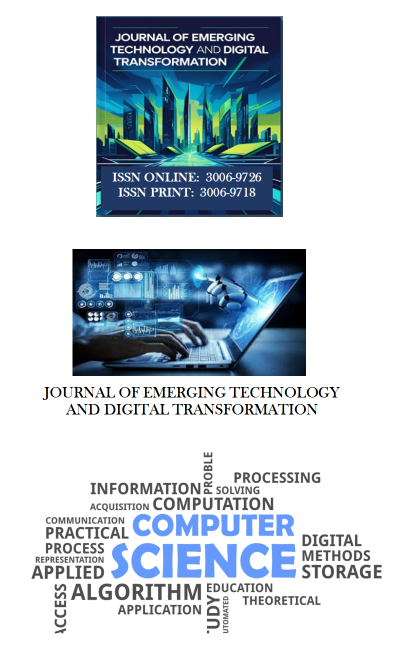REVOLUTIONIZING DERMATOLOGY: ADVANCED DEEP LEARNING TECHNIQUES FOR AUTOMATED SKIN DISEASE DETECTION
Abstract
Skin is the largest tissue in the humanoid body, and it protects body from external damage, regulates body temperature, and provides the sense of touch. It is made up of three layers: the epidermis, dermis, and subcutaneous tissue. Skin cancer is a disorder in which tissue cells grow abnormally and would extent to additional portions of body. It is typically caused by solar system or tanning bed exposure to ultraviolet (UV) radiation. Early detection of skin cancer is crucial because it increases the likelihood of successful cure and treatment. Although advanced stages of the disease are more difficult to treat and have a worst diagnosis. Regular skin self-examinations, combined with professional skin checks, can aid in the early detection of skin cancer. Machine learning has been used for detection of skin cancer. But it works on features, for which we must first extract the features from the raw data. Feature engineering is a time consuming and challenging task. Deep learning is an emerging area and subfield of artificial intelligence, which extracts useful features from raw data on its own. But it is quite time-consuming task to train such complex deep learning methods and requires huge computational resources. In this work, we have proposed a deep learning model based on ensemble learning for detection of skin cancer. In this model, we used the ensemble learning method for combining four different popular CNN architectures namely InceptionV3, ResNet50, Efficient net and Xception. In this study, we use HAM10000 dataset for our experiments. First, when we train these classifiers, our proposed model was not performing better due to presence of unbalancing in the data. After balancing the dataset, our proposed model was performing better in terms of accuracy, precision, recall and F1-score. On balanced dataset, our proposed model gave an accurate score of 0.94, Precision score of 0.93, Recall and F1-score of 0.94.
Keywords—Skin Cancer, Machine Learning, Deep Learning, HAM10000 dataset, Medical Imaging, Convolutional Neural Networks (CNN), Cancer Diagnosisy












